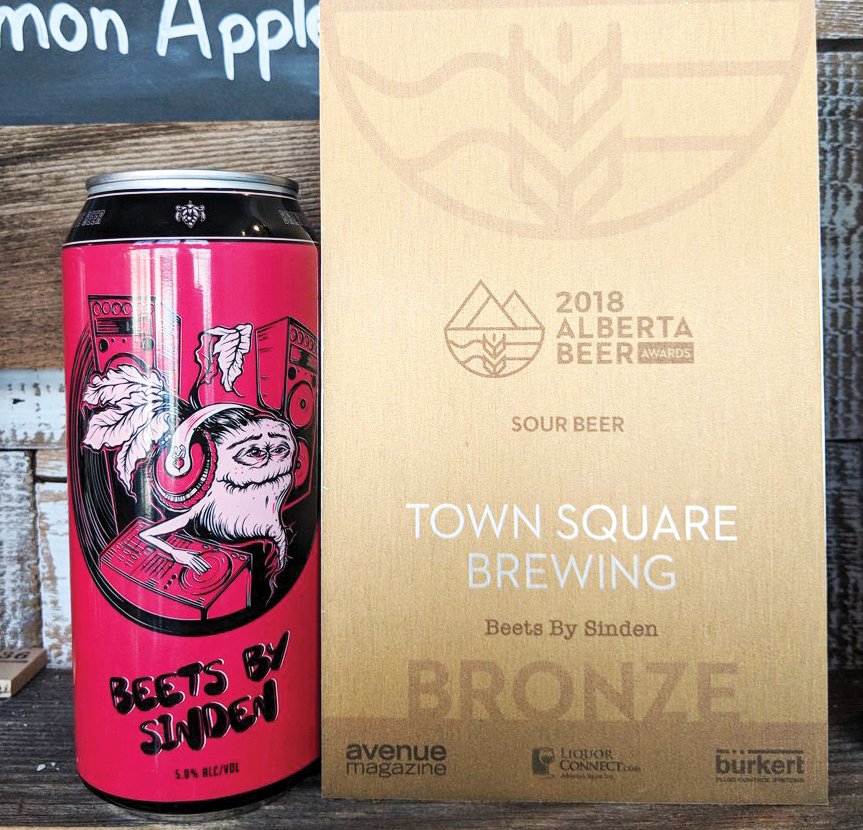When it comes to marketing, sour beers could use some help. The word “sour” hardly begins to describe the broad range of ales that fall under that term, and it can be an off-putting descriptor to people who are new to beer or haven’t ventured beyond pale yellow lagers.
For those people, beer manager at Sherbrooke Liquor, Stephen Bezan, has this sales pitch: “Forget everything you think you know about beer. This is a whole new experience.
“A lot of people gravitating toward sours are people who have never enjoyed beer,” Bezan says.
The most common and approachable iterations being made in Alberta are kettle sours, likely because they can be made using standard brewing equipment and processes simply by adding lactobacillus, a bacteria commonly found in yogurt.
Blindman Brewing in Lacombe makes a series of kettle sours year round, toying with different fruit additions and hop combinations. Blindman’s bright and thirst-quenching Lemons and Limes fruited sour was so popular last summer that the brewery brought it back this year.
“It’s a different way to initiate people in the depth and breadth of what beer can be,” production manager Shane Groendahl says of kettle sours.
One beer that turned my head in a similar way is Beets by Sinden, a sour from Town Square Brewing Co. that won a bronze medal at the Alberta Beer Awards. I normally hate beets – they taste like dirt to me – but the beer is light, tart and refreshing with just a hint of the earthiness I usually find too overpowering.
Blindman belongs to a vanguard of Alberta breweries taking the next step with sour and wild ales: Using Old World ways to make them. The brewery recently got a koelschip – a broad, shallow vat that promotes spontaneous fermentation by allowing wild, airborne yeast strains (as opposed to ones grown in a lab) to inoculate the wort as it cools off.
Taming airborne yeast strains along with the microbiota that inhabit barrels and other wooden vessels used in traditional aging is a learning experience, and the process itself can take 12-18 months or longer – meaning it could be a while before the brewery releases a koelschip beer to the public, Groendahl says.
